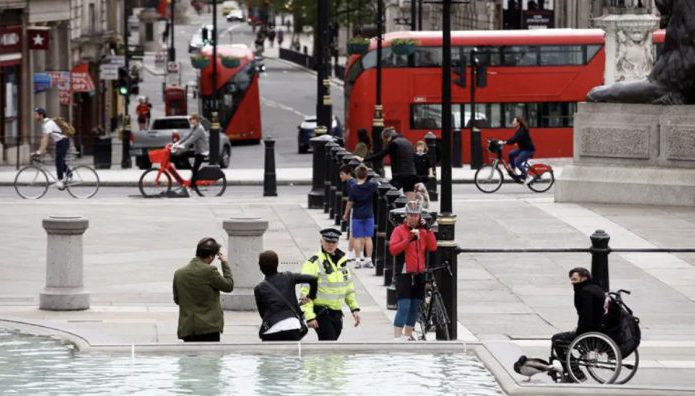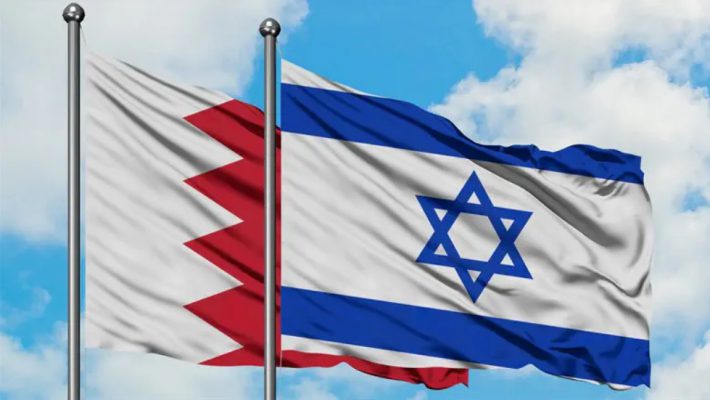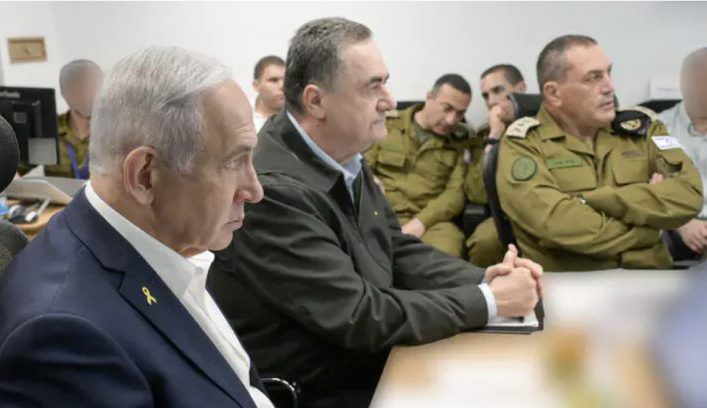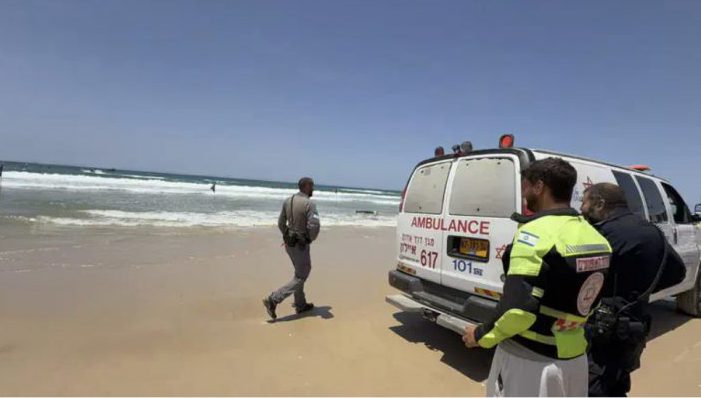Jewish man arrested by London’s Metropolitan Police for briefly displaying a satirical placard depicting former Hezbollah leader Hassan Nasrallah, sparking accusations of “two-tier policing.”
A Jewish protester was arrested by the Metropolitan Police in London last September for briefly holding a satirical placard targeting Hezbollah terrorist leader Hassan Nasrallah, igniting a fierce debate over free speech and accusations of “two-tier policing” by authorities, The Telegraph revealed on Friday.
The incident has drawn widespread condemnation from senior British Members of Parliament and peers, who question the Met’s approach to policing pro-Palestinian demonstrations and expressions critical of terror groups.
The British man, who remains anonymous due to safety concerns, was detained and subsequently charged after displaying a cartoon of Nasrallah with a pager and the words “beep, beep, beep.” This imagery satirized the Israeli operation in which explosives in pagers and walkie-talkies killed 42 individuals, predominantly Hezbollah terrorists.
During questioning, police repeatedly pressed the man, who was participating in a counter-demonstration against a pro-Palestinian Arab march, on whether he believed the image would offend “clearly pro-Hezbollah and anti-Israel” activists. Hezbollah is a proscribed terrorist organization in the United Kingdom.
The Met’s decision to allow pro-Palestinian Arab marches to proceed through London since the October 7 massacre, often in areas with significant Jewish populations and near synagogues, has been a source of considerable contention. This latest arrest further fuels concerns about perceived heavy-handed police responses to lawful expression, contrasting sharply with instances where pro-Palestinian demonstrators have allegedly called for “jihad and intifada” without immediate police intervention.
Chris Philp, the Shadow Home Secretary, sharply criticized the police action, labeling it “two-tier policing in action.”
He stated, “In recent times, the police have failed to act when confronted with protesters calling for jihad and intifada in London. Yet this man was apparently arrested because he might have offended supporters of a banned terrorist organization.”
Philp emphasized that the law “should be applied equally to all, robustly and without fear or favor. That is not what happened here.”
The protester’s lawyer, Carl Woolf, expressed shock at the line of police questioning, particularly the assertion that there were “pro-Hezbollah people” at the protest. Despite the man’s explanation that the sign was “political satire” and not intended to incite racial hatred, he was charged under the Public Order Act for causing racially or religiously aggravated harassment, alarm or distress.
The Met Police, responding to criticism, acknowledged that the interviewing officer “clearly misspoke when she described those in the protest as pro-Hezbollah instead of pro-Palestinian.” They added that the man was charged “following a careful consideration of the evidence” and pledged to reflect on the CPS decision.





